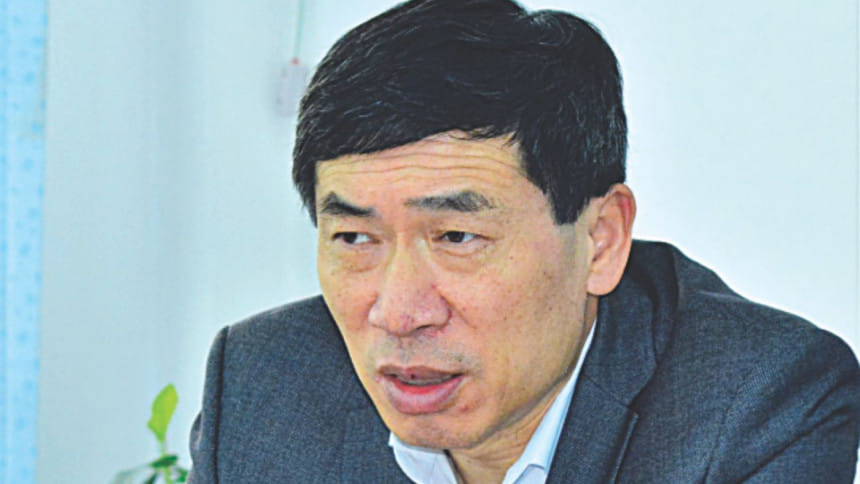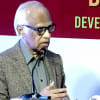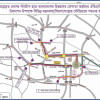Transition from LDC: Bangladesh faces lots of challenges

United Nations Assistant Secretary-General Haoliang Xu yesterday said there are several challenges ahead of Bangladesh that need to be addressed to achieve a sustainable transition from LDC to lower middle income country.
“Still there are lots of challenges. We certainly have challenges of climate change that were highlighted by national leaders, challenges of job creation, urbanisation and also inequality,” Xu said quoting discussants of a workshop held in the capital.
He made these remarks at a press conference organised at the UN Women's local office in the capital's Gulshan yesterday.
“While there is still much to do, Bangladesh is embarking on a new chapter in its development with expectations of continued strong economic growth,” said Xu, also the director of the United Nations Development Programme's Regional Bureau for Asia and Pacific.
Pointing out the current estimates and sustained progress of the country, he said if these are maintained, Bangladesh would graduate in 2024.
“As part of the transition, it is important for Bangladesh to work to escape the middle-income trap by focusing on necessary structural transformation, innovation, increasing productivity, improving governance and lowering inequality,” said the UN Assistant Secretary-General.
He added they would work together with the government and other partners for a smooth transition to graduation and achieve the Sustainable Development Goals by 2030.
Last week, the government celebrated the country's eligibility to graduate to a developing country from a least developed one as it met all three criteria for the first time.
The Committee for Development Policy (CDP), a UN panel, made an announcement on the country's eligibility at a meeting at the UN headquarters in New York.
The Committee gave the letter to Bangladesh on March 15.
The three criteria are Gross National Income (GNI) per capita, Human Assets Index (HAI) and Economic Vulnerability Index (EVI).
According to the UN's graduation threshold, the GNI per capita of a country has to be $1,230 or above. Bangladesh's GNI per capita now stands at $1,272.
Many UN agencies, including UNDP, have been involved in the process of Bangladesh's development since independence, Xu said, adding, “So we're also proud that we've been able to support the government and its people in achieving this milestone.”
Xu has recently visited Teknaf to witness the situation of the Rohingya refugee camps.
He commended the government for sheltering the large influx of the Rohingyas.
Xu, however, said the Rohingya people are having a negative impact on the local community as the prices of commodities have soared due to the influx.
“The UNDP is ready to support the local community along with the government and other partners to deal with the social, economic and environmental impacts of the humanitarian crisis,” he added.
Replying to a question, he said Bangladesh would be deprived of some advantages that the country is currently enjoying due to the prospective graduation from LDC.
But, it would create a good image of the country and increase investment, he said, adding, the UN would continue providing technical support and sharing experiences of other countries with a similar status.

 For all latest news, follow The Daily Star's Google News channel.
For all latest news, follow The Daily Star's Google News channel. 








Comments